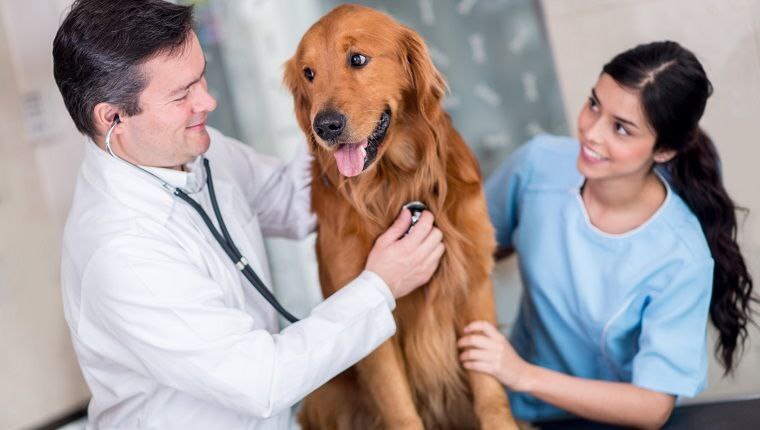Photos populaires
-
317 vues, 0 comme , 93 commentaires
-
225 vues, 1 comme , 49 commentaires
Photos récentes
-
par Vic 88 0 0
-
par Emon kofil 0 0
. How to Manage Canine Hypertension with Amlodipine Besylate
Hypertension, or high blood pressure, is a serious condition that can affect dogs, much like it does in humans. When left untreated, canine hypertension can lead to significant health problems, including damage to the kidneys, eyes, heart, and brain. Fortunately, with the right treatment plan and medication, managing this condition in dogs is possible. One of the most commonly prescribed medications for this purpose is Amlodipine Besylate.
Understanding Canine Hypertension
Hypertension in dogs can be categorized as either primary or secondary. Primary hypertension, where high blood pressure occurs without any underlying cause, is rare in dogs. The majority of cases involve secondary hypertension, which arises as a result of other health issues such as kidney disease, Cushing’s disease, diabetes, or thyroid disorders. These conditions increase the risk of hypertension, particularly in older dogs.
The symptoms of hypertension can be subtle or absent, making the condition difficult to detect without routine vet visits. Dogs may exhibit signs such as sudden blindness, seizures, disorientation, nosebleeds, or even kidney failure. Therefore, regular blood pressure monitoring is key, especially for dogs with pre-existing health conditions.
The Role of Amlodipine Besylate
Amlodipine Besylate is a calcium channel blocker that relaxes the blood vessels, allowing blood to flow more easily. By reducing the pressure on the heart and arteries, this medication effectively lowers high blood pressure. Its ability to manage blood flow makes it an essential tool in treating canine hypertension, particularly when the condition is due to kidney disease.
Veterinarians typically prescribe Amlodipine Besylate for long-term use to manage hypertension. Administering this medication as directed is critical to its success. It is usually given once a day, and the dosage is determined based on your dog’s weight, age, and health status. The goal is to maintain a blood pressure level that minimizes the risk of organ damage while avoiding a significant drop in pressure that could lead to other health concerns.
https://puppadogs.com/amlodipine-besylate-for-dogs-benefits-dosage-side-effects
Hypertension, or high blood pressure, is a serious condition that can affect dogs, much like it does in humans. When left untreated, canine hypertension can lead to significant health problems, including damage to the kidneys, eyes, heart, and brain. Fortunately, with the right treatment plan and medication, managing this condition in dogs is possible. One of the most commonly prescribed medications for this purpose is Amlodipine Besylate.
Understanding Canine Hypertension
Hypertension in dogs can be categorized as either primary or secondary. Primary hypertension, where high blood pressure occurs without any underlying cause, is rare in dogs. The majority of cases involve secondary hypertension, which arises as a result of other health issues such as kidney disease, Cushing’s disease, diabetes, or thyroid disorders. These conditions increase the risk of hypertension, particularly in older dogs.
The symptoms of hypertension can be subtle or absent, making the condition difficult to detect without routine vet visits. Dogs may exhibit signs such as sudden blindness, seizures, disorientation, nosebleeds, or even kidney failure. Therefore, regular blood pressure monitoring is key, especially for dogs with pre-existing health conditions.
The Role of Amlodipine Besylate
Amlodipine Besylate is a calcium channel blocker that relaxes the blood vessels, allowing blood to flow more easily. By reducing the pressure on the heart and arteries, this medication effectively lowers high blood pressure. Its ability to manage blood flow makes it an essential tool in treating canine hypertension, particularly when the condition is due to kidney disease.
Veterinarians typically prescribe Amlodipine Besylate for long-term use to manage hypertension. Administering this medication as directed is critical to its success. It is usually given once a day, and the dosage is determined based on your dog’s weight, age, and health status. The goal is to maintain a blood pressure level that minimizes the risk of organ damage while avoiding a significant drop in pressure that could lead to other health concerns.
https://puppadogs.com/amlodipine-besylate-for-dogs-benefits-dosage-side-effects







